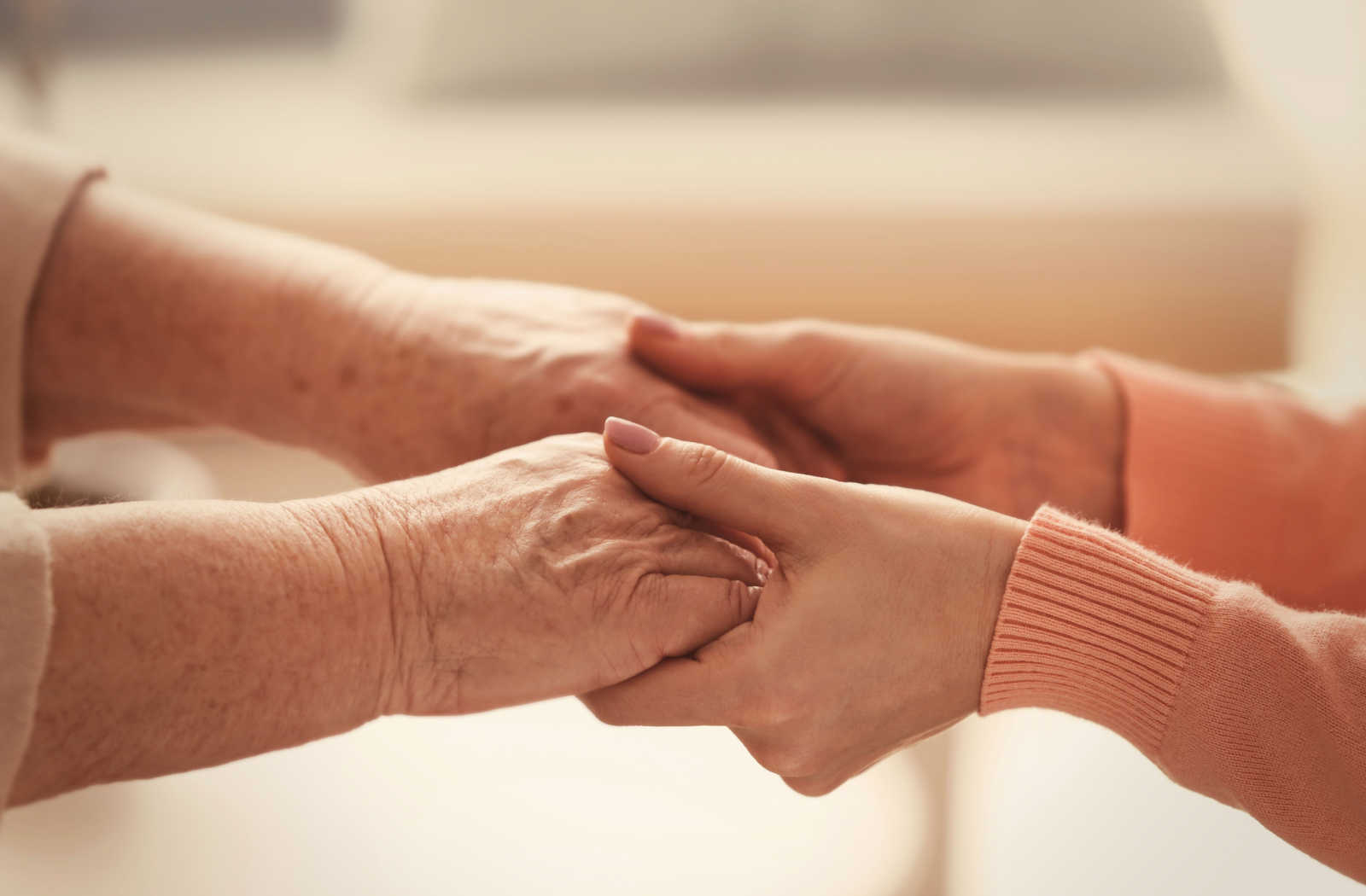Charlotte Memory Care: Safe and Secure Setting for Seniors
Charlotte Memory Care: Safe and Secure Setting for Seniors
Blog Article
Developing a Safe and Encouraging Atmosphere: In-Home Memory Treatment Basics
Developing a safe and caring environment for people requiring in-home memory treatment is vital to their wellness and high quality of life. From making certain safety within the home to utilizing reliable communication techniques and applying memory-friendly design aspects, there are vital components that add to an alternative treatment strategy. By concentrating on creating a helpful ecosystem that accommodates the one-of-a-kind requirements of those with memory problems, caregivers can dramatically enhance the day-to-day experiences of their liked ones.

Safe Living Atmosphere
Developing a hazard-free and safe and secure living setting is vital when offering at home memory care for people with cognitive impairments. Making certain the security of the private with memory loss is crucial to stop crashes and promote a sense of health.
Furthermore, it is very important to install safety functions such as grab bars in shower rooms and hand rails along stairs to offer support and stop mishaps. Furthermore, making use of innovation such as motion sensing units and alarm systems can inform caregivers if the individual wanders or remains in distress. Producing a secure living setting additionally involves applying techniques to avoid wandering, such as utilizing door alarm systems or locks to limit access to unsafe areas. By prioritizing security steps and removing possible dangers, caretakers can provide a safe and encouraging environment for people with cognitive problems getting at home memory care.
Reliable Interaction Approaches
Executing tailored interaction methods is essential in promoting significant communications with people with cognitive problems in the context of at home memory care. Reliable communication plays a critical role in developing a supportive environment that enhances the health and quality of life for individuals with memory problems. When connecting with a person experiencing cognitive decrease, it is necessary to utilize basic and clear language, keep a calmness and positive tone, and give aesthetic cues to aid understanding.
One secret approach is to practice energetic listening, revealing empathy, patience, and regard during discussions. Non-verbal signs such as face expressions and body movement can additionally aid convey understanding and assistance. Additionally, using memory treatment by using or discussing past experiences music and art can tap right into long-lasting memories, triggering links and stimulating involvement.
Additionally, incorporating routine routines and regular communication patterns can offer a sense of familiarity and protection for individuals with memory disabilities. By applying these communication methods, caregivers can develop purposeful connections and advertise a feeling of comfort and trust fund in the at home memory care setup.
Memory-Friendly Style
Given the importance of creating a supportive setting for individuals with memory concerns through efficient communication methods, the consolidation of memory-friendly style elements in the home becomes vital in maximizing their everyday experiences and total wellness. Memory-friendly style concentrates on enhancing security, comfort, and self-reliance for individuals with cognitive impairments. her explanation Basic adjustments can make a considerable difference, such as using contrasting colors to improve visibility and minimize confusion, incorporating clear signage to assist navigation, and decreasing mess to stop sensory overload.
Including familiar aspects from the person's past, such as preferred items or personal pictures, can stimulate positive memories and develop a sense of experience. In addition, ensuring appropriate lights degrees, installing grab bars in shower rooms, and carrying out non-slip floor covering can assist stop falls and injuries. Producing a soothing and relaxing environment with the use of familiar fragrances, soft textures, and relaxed sounds can additionally advertise leisure and lower frustration. By integrating these memory-friendly style components, caregivers can provide a safe and encouraging home that makes it possible for individuals with memory concerns to maintain their self-reliance and lifestyle.
Daily Routine Preparation
When establishing a daily regimen for individuals with memory problems, mindful preparation is crucial to support their cognitive feature and total well-being. Developing a structured timetable can aid lower complication, disorientation, and stress and anxiety often experienced by those with memory problems.
It is crucial to enable enough time for each activity, minimizing the requirement to rush and staying clear of possible disappointment. Simple jobs like dish times, personal treatment, medicine management, and exercise must be integrated into the routine. Additionally, including regular durations of remainder and leisure can avoid exhaustion and frustration. Adaptability is essential, as some days might call for adjustments based on the individual's mood and energy degrees. Regularly examining and adjusting the everyday timetable find out will aid ensure visit its efficiency in promoting a positive and comforting atmosphere for people with memory obstacles.
Assistance System Execution
Developing a durable network of encouraging individuals plays an essential function in improving the quality of treatment and wellness for people calling for memory support. Member of the family, friends, medical care experts, and area resources can all add to creating a strong support system. Interaction amongst these individuals is essential to make sure that the requirements of the individual with memory challenges are fulfilled effectively.
Relative are frequently the main caregivers and form the backbone of the assistance system. They provide day-to-day treatment, emotional support, and friendship. When needed to stop exhaustion and make sure the best feasible care for their enjoyed one., it is vital for family members to look for support and reprieve.
Along with family members assistance, involving healthcare experts such as therapists, medical professionals, and registered nurses can provide specific care and assistance. These professionals can use important understandings, medical suggestions, and assistance in managing the individual's problem.

Verdict
Finally, producing a helpful and secure atmosphere for individuals with memory care requirements is necessary for their well-being. By developing a safe living atmosphere, making use of efficient communication approaches, incorporating memory-friendly style aspects, intending everyday routines, and executing a solid assistance system, caregivers can help improve the top quality of life for those with memory loss. These essential components interact to produce a nurturing and empowering setting that promotes freedom and boosts overall quality of life.
Producing a safe and hazard-free living setting is extremely important when providing in-home memory care for people with cognitive problems. By prioritizing safety steps and removing prospective risks, caretakers can offer a safe and secure and helpful atmosphere for individuals with cognitive disabilities getting at home memory care.
Establishing a durable network of supportive people plays a critical role in boosting the top quality of care and wellness for individuals calling for memory assistance - Charlotte Memory Care. Interaction among these individuals is necessary to ensure that the demands of the private with memory challenges are met efficiently

Report this page